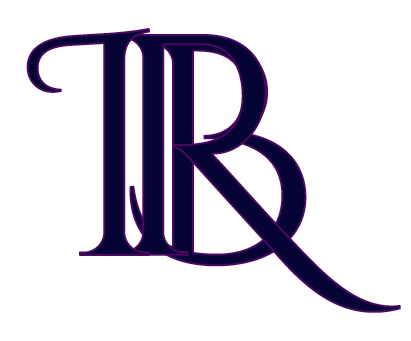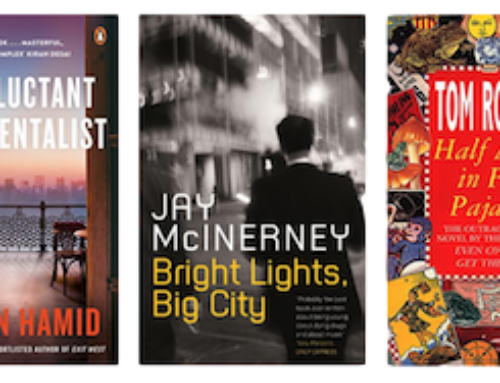Ah, the first person! That charming dictator of narrative perspective, whose power lies entirely in its seductive intimacy. Writing in the first person is much like speaking softly into someone’s ear; it offers a direct channel into a character’s heart and mind, yet it may just as easily imprison a writer within walls of relentless introspection. Let us explore this peculiar literary vantage point, examining its merits and drawbacks, with examples from those illustrious masters who have dared whisper their stories directly into our eager minds.
Intimacy and Immediacy: The Charms of ‘I’
Nothing can surpass the immediacy of the first person. When a narrator says, “I awoke in a darkened room,” the reader instantly shares in their confusion, claustrophobia, or perhaps just a mundane dread of another day. This immediacy can be compelling, especially in:
- Memoirs and autobiographical fiction: The first person invites authenticity.
- Detective fiction: We solve mysteries alongside the investigator.
- Psychological novels: We dwell intimately within complex, often tormented minds.
Take the great Ishmael, whose voice opens Moby Dick: “Call me Ishmael.” So simple, yet in those three words, Herman Melville invites readers into a personal narrative teeming with existential wanderings, obsessive vendettas, and maritime lore. Melville understands the primary strength of the first person – direct communion with the reader, who can then perceive the novel’s bizarre adventures through Ishmael’s inquisitive, melancholic eyes.
The Unreliable Witness
One delicious irony of first-person storytelling lies in its inherent unreliability. Who among us, after all, narrates their own lives truthfully, free of vanity or delusion? Thus arises the beloved literary device – the unreliable narrator.
- Edgar Allan Poe’s “The Tell-Tale Heart” gives us a madman’s frantic confession that insists on his sanity even as it betrays madness.
- Humbert Humbert from Nabokov’s Lolita dazzles with linguistic brilliance, even as he plunges readers into moral complicity and disquieting sympathy.
The power of unreliability is beautifully summarized by author Margaret Atwood:
All narrators are unreliable; it’s just a question of how far they’re willing to go.
Indeed, the unreliable narrator challenges readers, forcing us to peel back layers of deception, self-deception, and ironic revelation.
The Pitfalls of Personal Perspective
Yet, beware of the hazards lurking behind the seductive facade of “I.” The first person, though intimate, can also be remarkably limiting, resulting in:
- Limited Knowledge: The narrator cannot know what they do not see or hear, leaving blind spots in the storytelling.
- Excessive Introspection: Readers can tire of endless self-reflection or internal monologues.
- Narrative Bias: The perspective is inherently biased, which might prevent objective storytelling.
Consider the famous lament by Henry James, who cautioned against excessive subjectivity:
The first person is a sort of intellectual imprisonment.
There is truth in James’ caution: too long in the first person’s echo chamber, and both writer and reader may crave escape.
Navigating Limitations
Yet, limitations may breed literary genius. Skilled authors manipulate these weaknesses into strengths, employing limited knowledge and bias to enrich tension and drama. Take Harper Lee’s To Kill a Mockingbird. Scout’s naive perspective shapes the moral universe of Maycomb County. Her innocence, ignorance, and gradual enlightenment mirror the reader’s own journey.
Likewise, J.D. Salinger harnessed the claustrophobic intimacy of first-person narration in The Catcher in the Rye. Holden Caulfield’s angst-ridden monologues draw readers into his troubled mind, his cynicism and vulnerability capturing the very essence of teenage isolation. Holden’s narrative is not expansive – he admits ignorance openly – but through his limitations, readers perceive universal truths about alienation and authenticity.





Leave A Comment